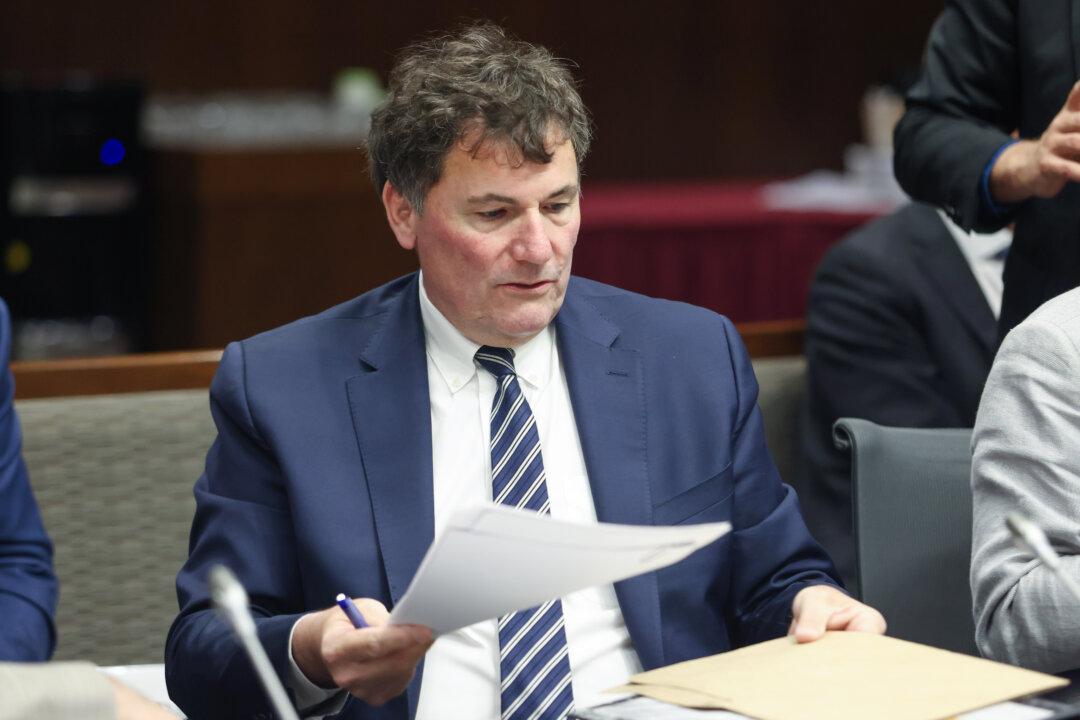With MPs pressing the government to hand over “cabinet confidences” to the Foreign Interference Commission, Public Safety Minister Dominic LeBlanc downplayed the value of the records.
“There are no cabinet documents which relate to specific incidents or intelligence on foreign interference incidents,” Mr. LeBlanc said on June 20. He added that cabinet meetings hadn’t gone into details about how any particular country might have attempted to interfere.





